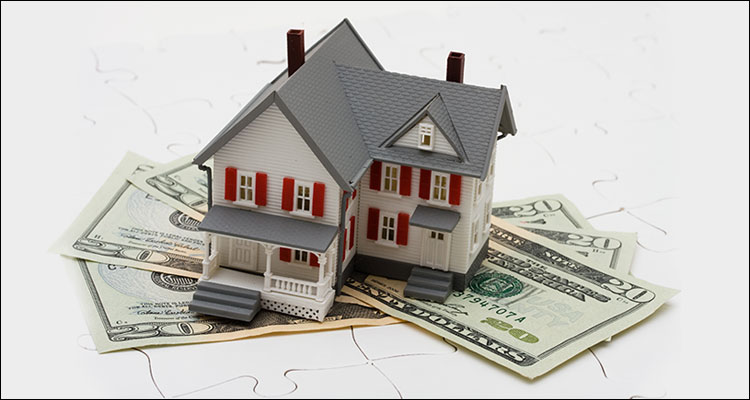Updated 4:12 PM PST, Mon April 28, 2014

Reasons Not To Refi
Are you considering about refinancing your mortgage? With interest rates staying at all time lows, homeowners tend to be tempted by narratives of more advantageous loan conditions, decreased interest repayments and thousands of bucks in cash from your home equity. But refinancing your mortgage may not be advisable. Homeowners contemplating refinancing should first have a look at the pros cons.
Yet, a re finance loan requires the borrower to spend closing prices. Sometimes, closing prices can be so high the debtor's monthly savings over the period of the mortgage might just break even with the prices of refinancing. Or the month-to-month savings could be less than that which was set forth in close prices which really causes one to lose money as time passes.
Subtract this total from your own closing prices to compute your overall economies.
Duration Of Loan Period
While refinancing a home mortgage into an extended period can reduce monthly repayments, transforming from a 20-yr into a 30-yr loan can in fact cost more income over the class of the mortgage. Why? Borrowers regularly find yourself paying more in interest costs over the prolonged life of the mortgage, out-weighing any month-to-month savings.
Flexible Vs. Fixed Rate Mortgage
Yet, adjustable-rate mortgages expose debtors to increased danger as interest rates increase, subjecting them to increasing monthly interest payments.
With a fixed rate loan, a debtor's monthly payments won't fluctuate according to shifting market rates. If you're averse to the likelihood of having to spend higher interest in your mortgage, then you certainly shouldn't refinance your fixed-rate mortgage in to an adjustable-rate mortgage.
Staying Loan Balance
Borrowers currently midway or more through the period of the mortgage loans will not conserve by refinancing, according to CreditFYI.com. That's because these debtors have paid down a great part of the mortgage interest, and refinancing means they will be basically starting over when it comes to paying off interest. If mortgage repayments have attained the stage where most of the payment goes right to the main balance, refinancing may not sound right.
On the other-hand, debtors that have been paying down their mortgages for just a couple years will likely have payments which are mainly going to paying down interest.
Debt Consolidation
Specialists have combined views on utilizing home equity and re finance loans to decrease short term debt. While some debtors have enough equity in their own houses to pay off charge card and other debt, some economic experts say it is not wise to change short term (charge card, car loans) debt in to long term mortgage debt.
These habits leave debtors with a greater monthly mortgage payment in addition to raised private debt degrees. Shortly, debtors in this circumstance find themselves with no staying equity within their residences and with greater monthly costs than that they had before they re-financed.
It is greatest to prevent this scheme, if combining your debt by refinancing your mortgage will not enhance your fiscal scenario.
Most debtors do not understand enough about home loans to make an educated choice when it comes to refinancing a home loan. Every borrower has a definite set of conditions that must be attentively considered before creating a choice. It's usually wise to discuss your refinancing choices with a trustworthy financial advisor who can supply a precise image of the prices and savings classifications.




